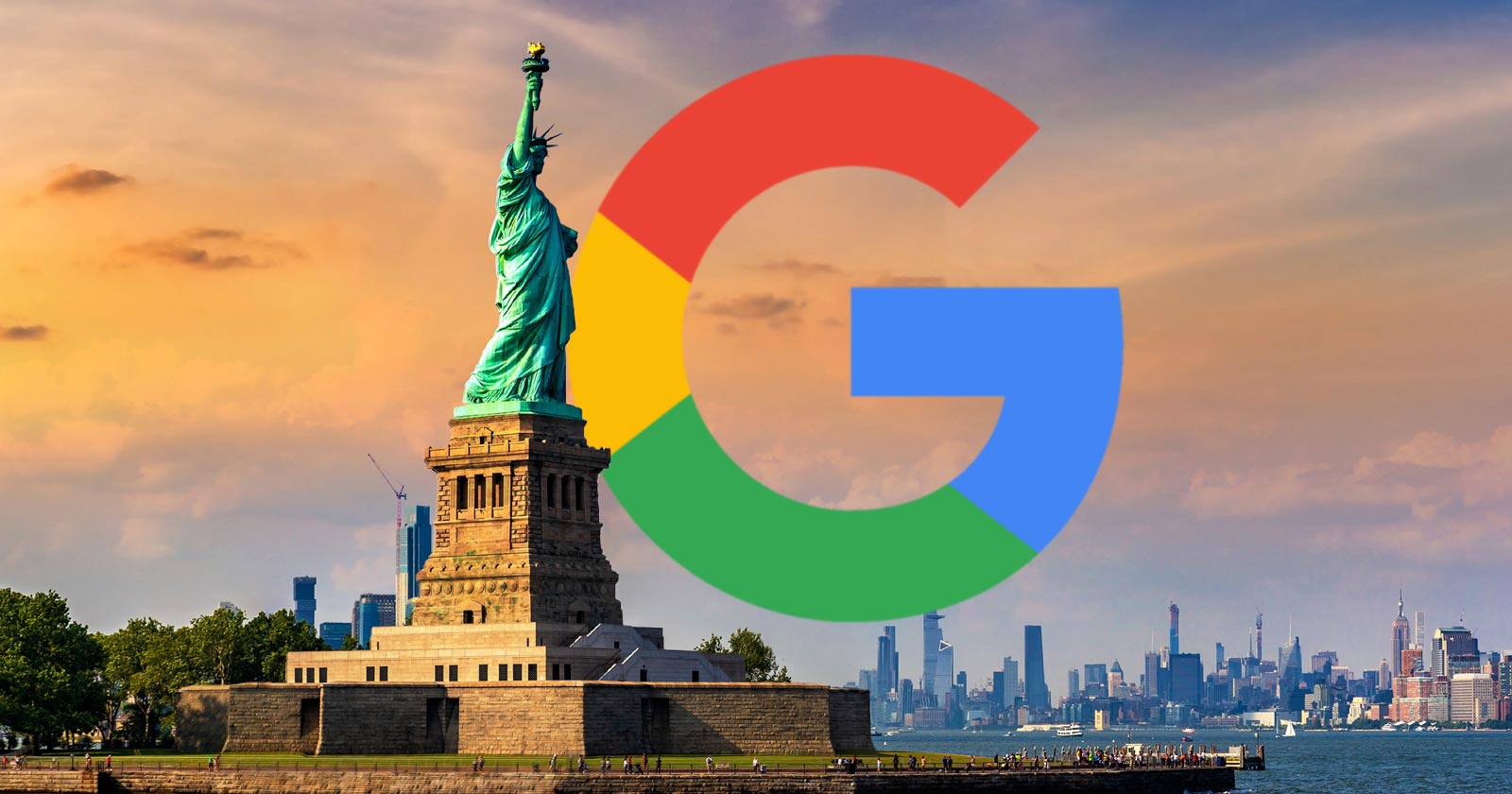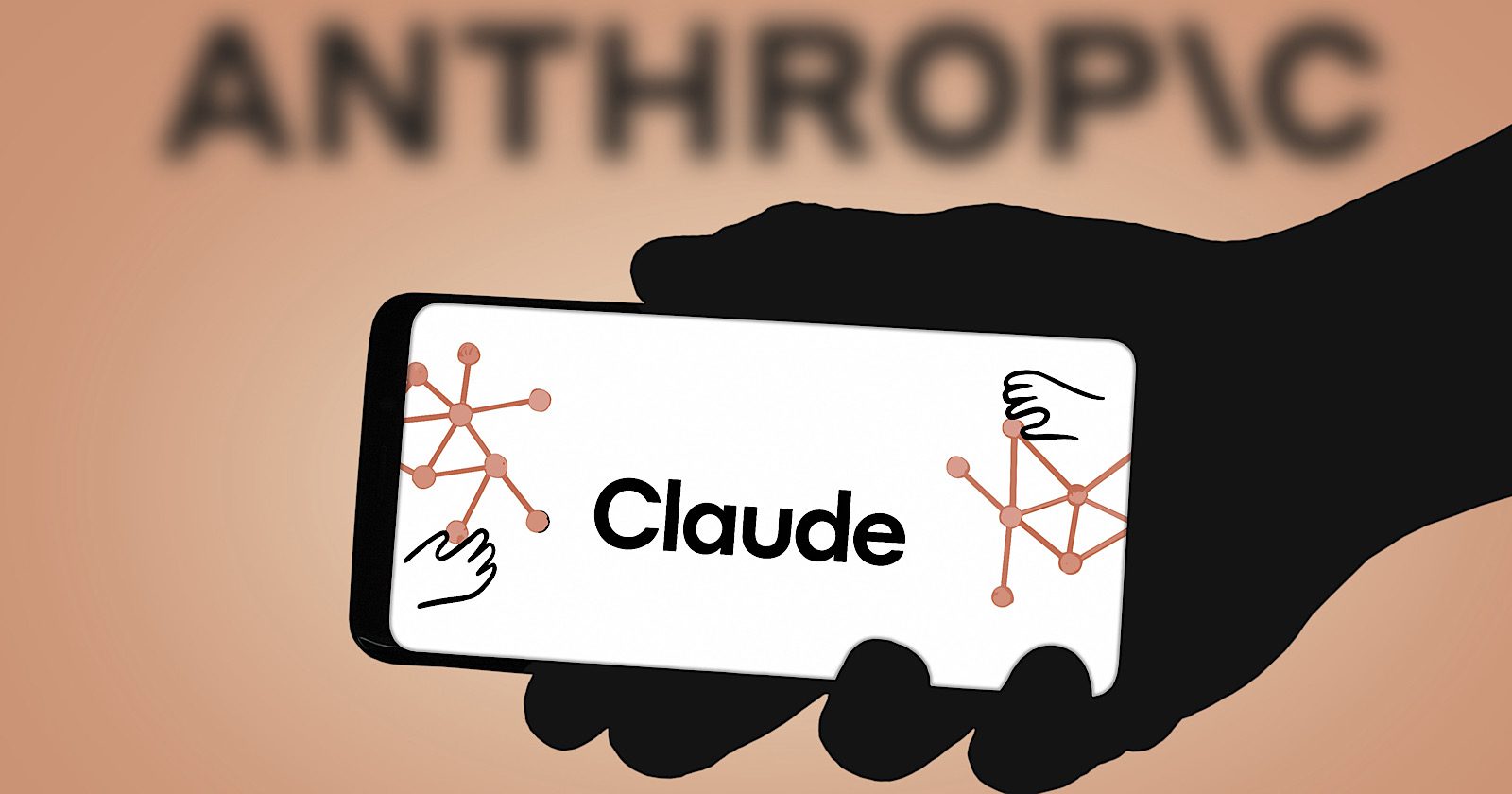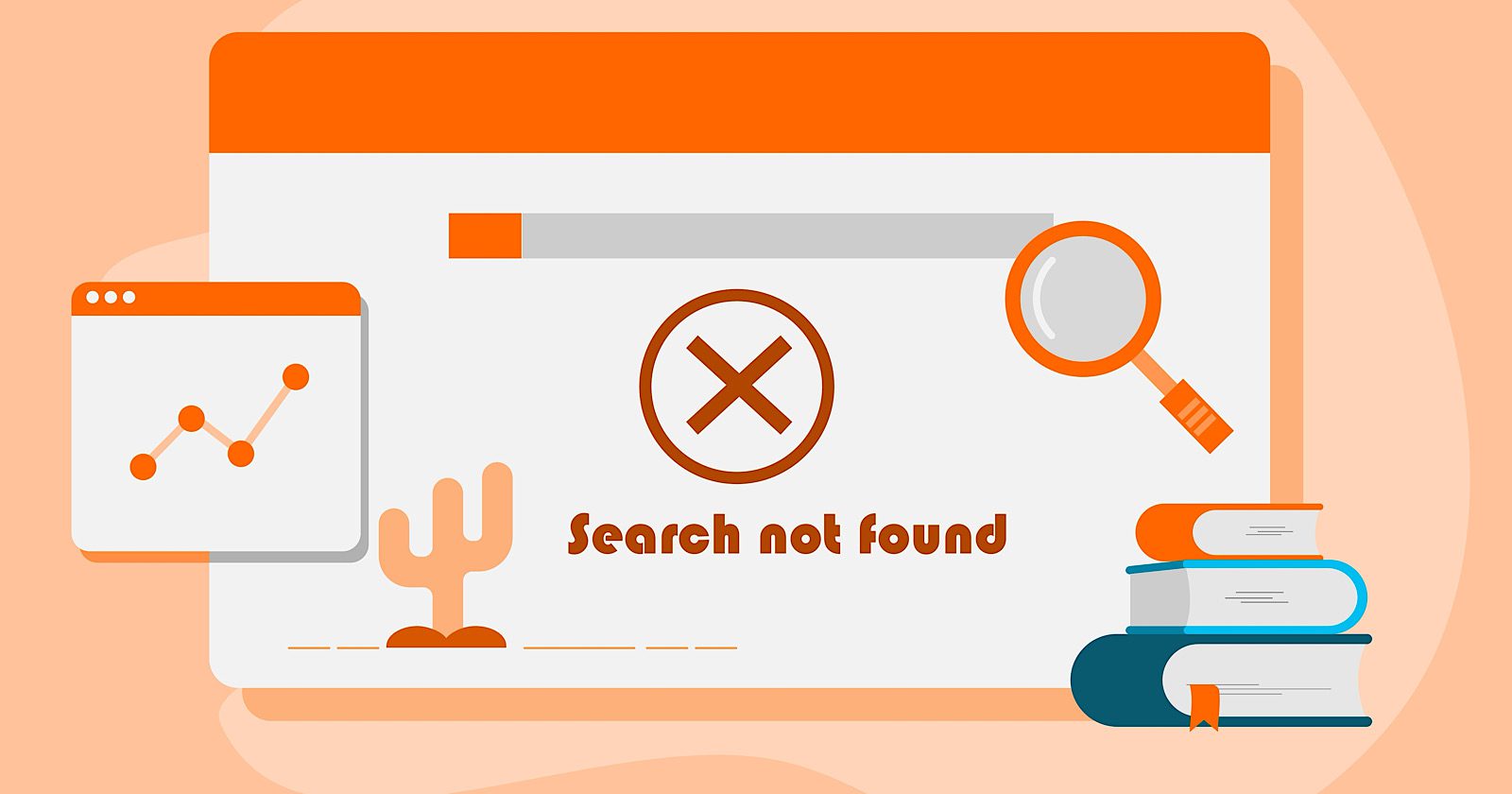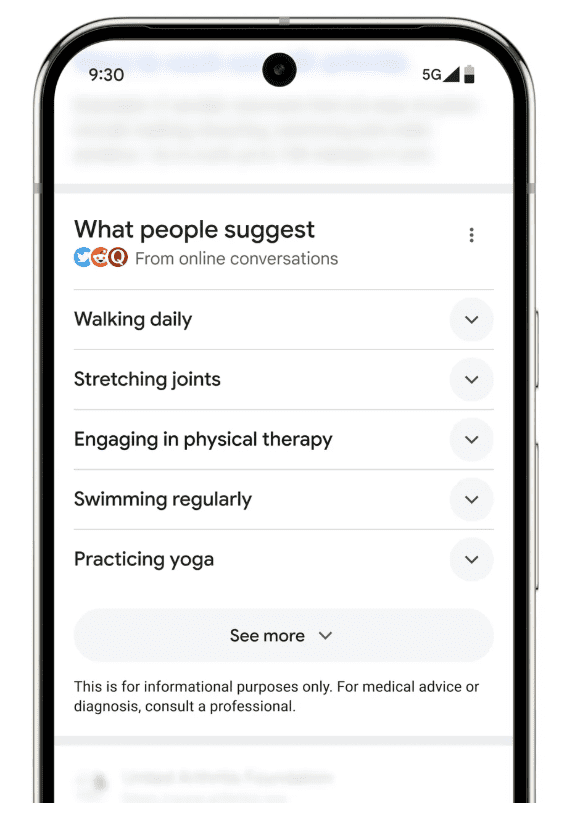Danny Sullivan, Google’s Search Liaison, shared insights about AI Overviews, explaining how predictive summaries, grounding links, and the query fan-out technique work together to shape AI-generated search results.
Optimizing For AIO
Danny Sullivan shared insights into how AI Overviews are generated, helping explain why Google may link to websites that don’t match the typical search results. While the links can differ, he emphasized that the fundamentals of search optimization remain unchanged.
This is what Danny Sullivan said, based on my notes:
“The core fundamental things haven’t really changed. If you’re doing things that are making you successful on search, those sorts of things should transfer into some of the things that you see in the generative AI kind of summaries.”
Google Explains Why AIO Results Are Different
One of the main takeaways from this part of Danny’s presentation was his explanation of why Google AIO search results are different. This is the clearest explanation of why the AIO search results are different, every SEO and publisher needs to know this.
He introduced two concepts to familiarize yourself with in order to better understand AIO search results.
- Predictive Summaries
- Grounding Links
Predictive Summaries
Danny solved the mystery behind AIO search results that show content and links that are different from what organic search results show, which makes it harder to understand how to optimize for that kind of AI search results.
He shared that the reason for that kind of AIO is something called predictive summaries. Predictive summaries show answers to a search query but also try to predict related variations of what a user will also want to see. This sounds a lot like Google’s patent about Information Gain. Information Gain is about predicting the next question that a searcher may ask after reading the answer to their present question. Information gain is a patent that is strictly to the context of AI Search and AI Assistants.
Here is what he said, according to my notes:
“One thing I think that people find really confusing sometimes is that they’ll do a query and especially you’ll see …these are the top 10 results, but I don’t see them in the AIO, what’s going on?
And it’s like, yeah, the query in the search box is the same query, but the model that’s going out there to try to understand what to show is kind of an overview, going beyond just the top 10 results. It’s understanding a lot of results and it’s understanding a lot of variations that you might kind of get and so that it’s coming back and it’s trying to provide its predictive summary of what the query is related to.”
Grounding Links
Sullivan also revealed that “grounding links” are another reason why AIO search results are different from the regular organic search results. An AIO search result is a summary of a topic that includes facts about multiple subtopics. The purpose of grounding is to anchor the entire summary to verifiable information from the web ecosystem.
In the context of AIO, grounding is the process of confirming the factual authenticity of the AI summaries so that a searcher can click to read about any subtopic discussed in the answer summary provided by AIO. This is the second reason why the links in AIO show a variety not normally seen in the organic search results.
One way to look at this is that the links are more contextual than the regular ten blue links of the organic search results. These contextual links are also referred to as qualified clicks or qualified links, links that are hyper-specific and more relevant in general than organic search results.
Danny appears to say that the grounding links are created from searches that are related to the initial search query, but are not the same. Like, if you want to explain how a conventional automobile runs, you need information about the powertrain which is made up of a gas combustion engine, a transmission, the axles and so on. Answering a complex question requires grounding from a wide array of information sources.
According to my notes, this is how Danny Sullivan explained it:
“And then on top of that, it’s then also trying to bring in the grounding links. And those grounding links, because it kind of comes from a broader set aren’t just going to match. The queries are going to be different and the overall set is going to be different.
Which is why it’s a great opportunity for diversity and whatever our query thing is that we say, but that’s why you can see different things that are showing there.”
Don’t Mess Up Your Rankings
Sullivan cautioned about trying to rank for both the organic and the different parts of the AIO summaries, saying that it’s likely to “mess things up” because “it doesn’t really work like that.”
Query Fan-Out Technique
Danny Sullivan also touched on the topic of AI Mode, saying that right now it’s not really something to optimize for because it’s still in Google Labs and it’s very likely to change and be something different if it ever gets out of Google Labs.
But he did say that AI Mode uses something called a query fan-out technique.
He said:
“…one of the things they talk about is like ‘we use an advanced query fan out technique with multiple related queries in it…’ And it’s basically that what I said before.
You issued a query. You try to understand the variations and things that are related. which by the way is not that much different to how search works at the moment even when you didn’t have the AI elements to it. Because when you would issue a query now we try to understand synonyms, we try to understand the meaning of the entire query. If it’s a sentence, we try to match it in all sorts of different ways …because sometimes it just brings you better results.”
Takeaways:
Google Search Liaison, aka Danny Sullivan, encouraged the use of the core SEO fundamentals, saying that they are still relevant for ranking. Danny explained why the links in AI Overviews can sometimes differ significantly from those in the organic search results, introducing three concepts that help understand AIO search results better.
Three concepts related to AIO search results to understand:
- Predictive Summaries
- Grounding Links
- Query Fan-Out Technique










